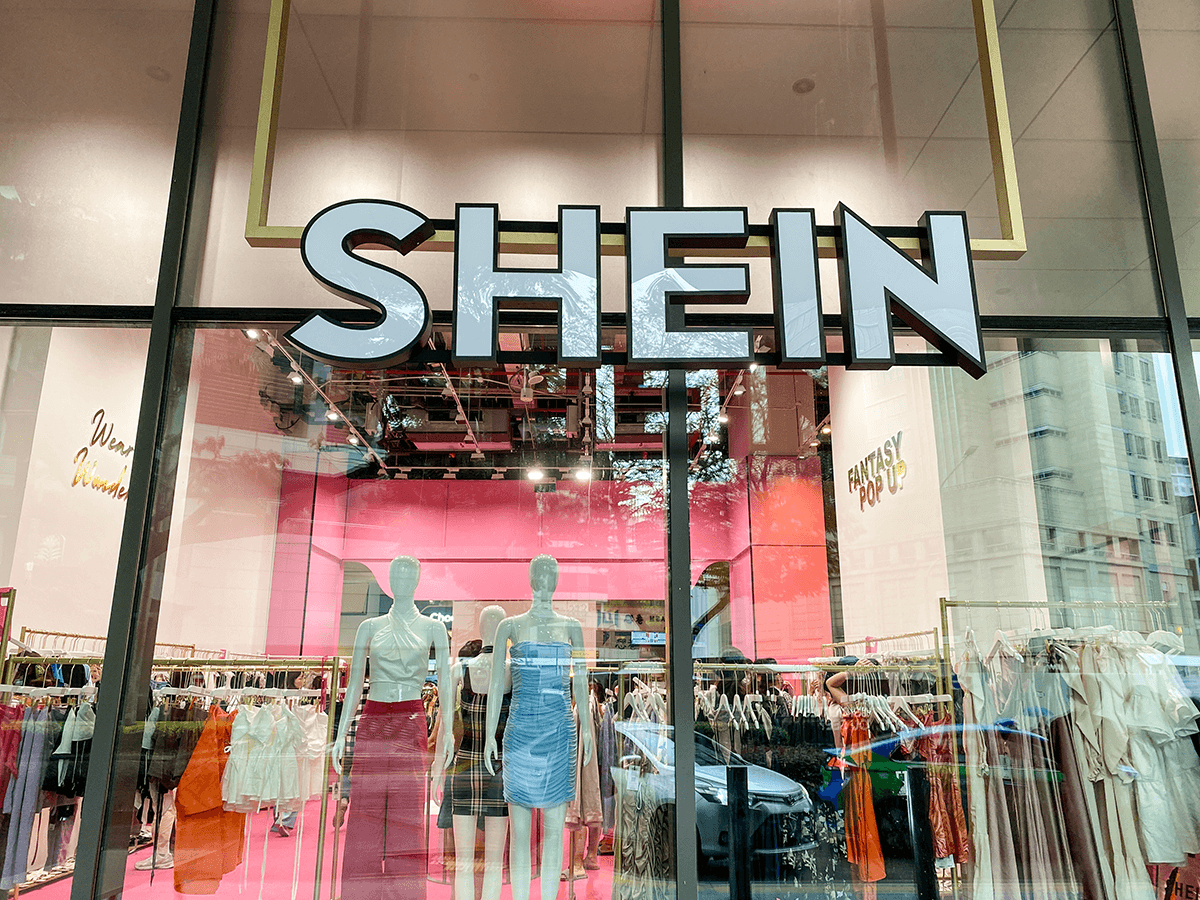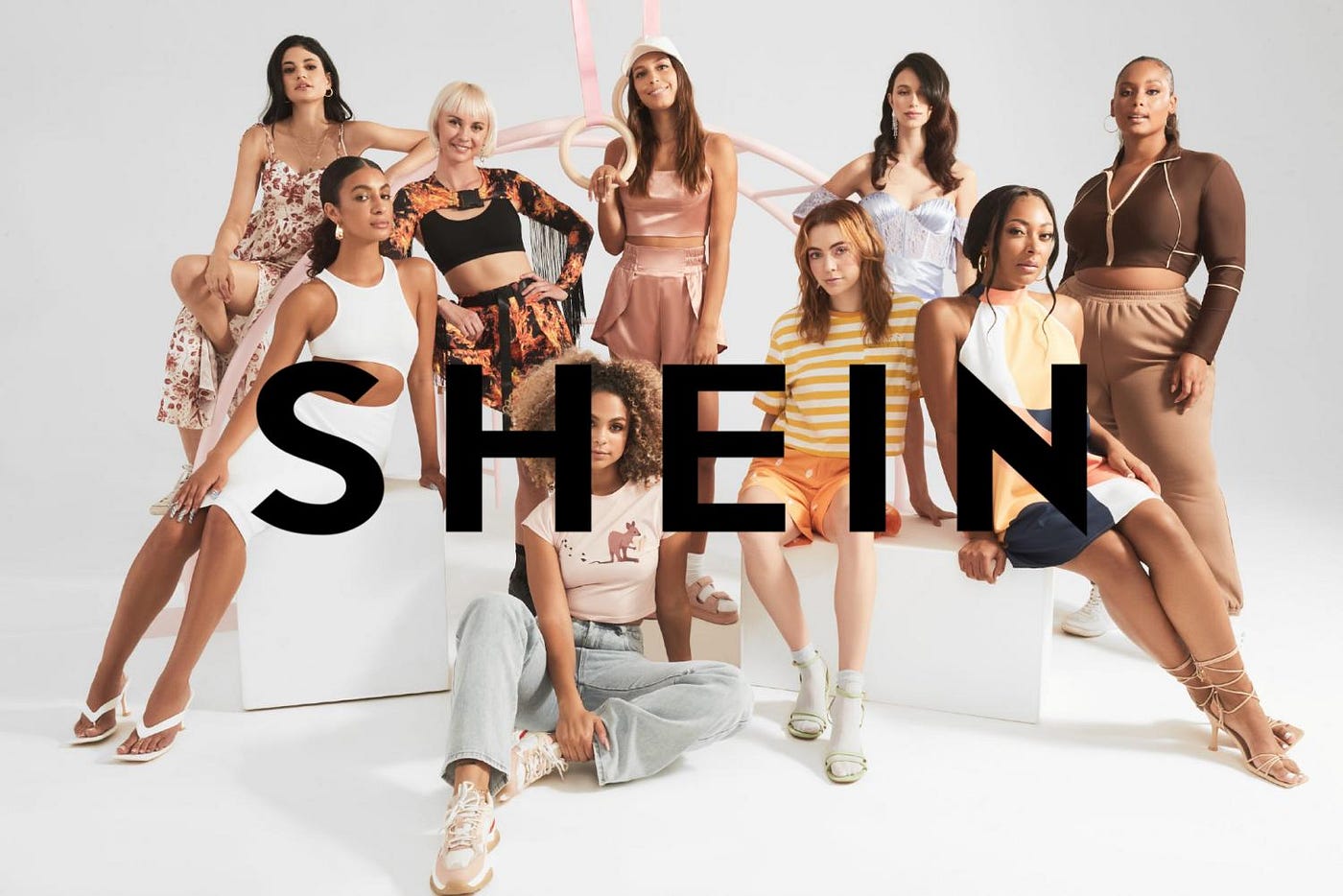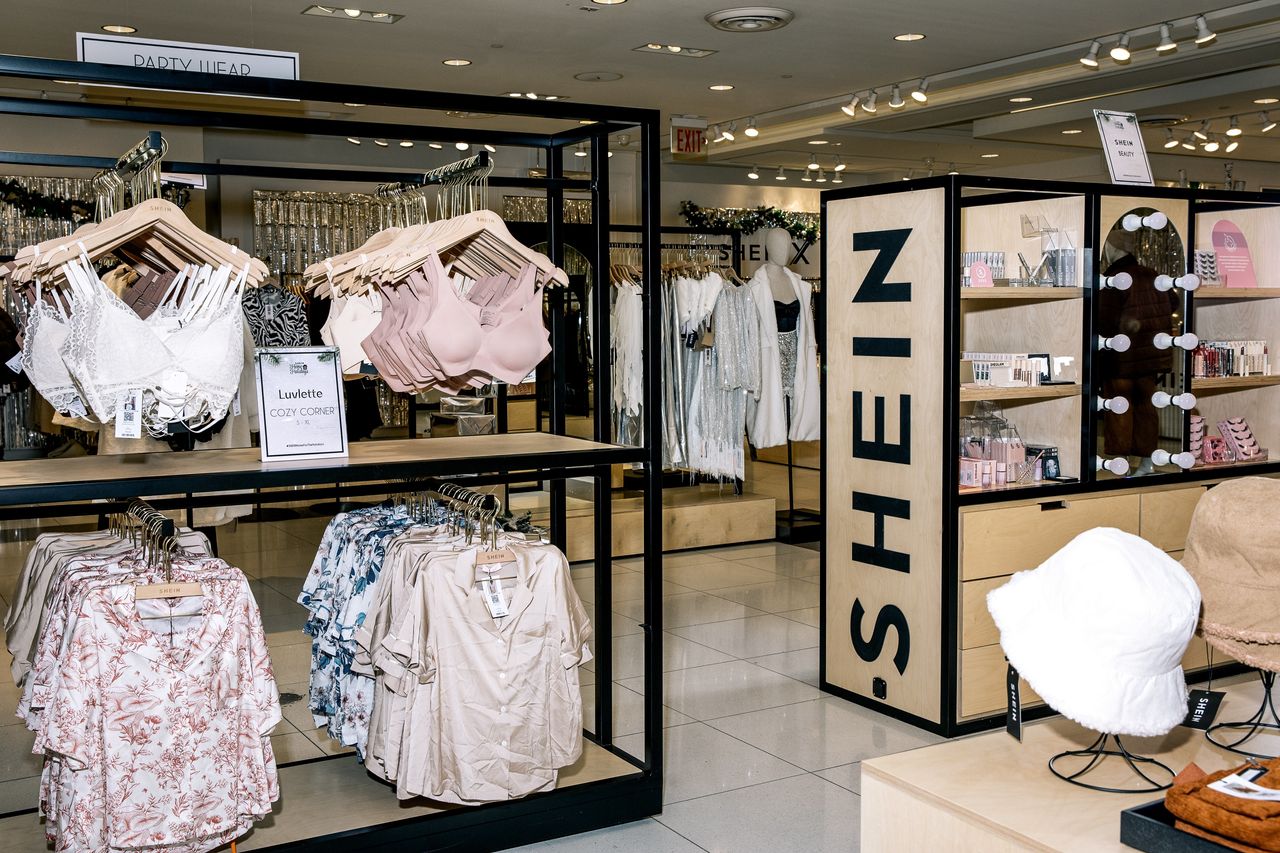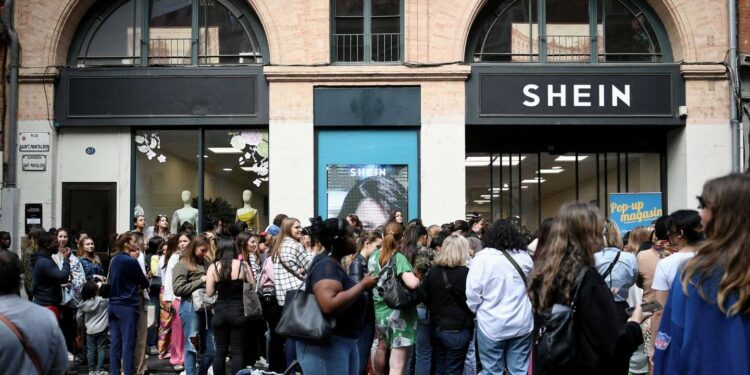Once a little-known entity in the bustling world of fast fashion, Shein has transformed into a global powerhouse, captivating the closets of the Gen Z demographic with its trend-setting, wallet-friendly apparel. Over the past decade, this Chinese-founded company has escalated from an online retailer selling wedding dresses to a colossal name in the fashion industry, boasting annual profits surpassing $2 billion—outshining giants like H&M and Primark.

“Shein’s rise can largely be attributed to its mastery over the digital landscape, particularly platforms like TikTok, where it engages with a vast base of influencers and fashion aficionados,” explained Louise Déglise-Favre from GlobalData. The brand’s savvy social media strategies and collaborations with stars have significantly bolstered its market presence.
The Price of Popularity: Environmental and Ethical Challenges
Despite its success, Shein faces intense scrutiny over its environmental footprint and labor practices. Recent plans to initiate a public offering in London have reignited concerns regarding its sustainability and the ethical implications of its operations. Allegations of using forced labor in its supply chain have particularly marred the brand’s reputation, though the company maintains a staunch stance against such practices.
“We have zero tolerance for forced labor,” a spokesperson for Shein stated, emphasizing the company’s commitment to ethical standards.
Consumer Perspectives: Affordability vs. Accountability
Shein’s appeal largely rests on its affordability, with items averaging just £7.90, making fashion accessible to a broader audience. Michaela, a 17-year-old avid shopper, expressed a mixed sentiment, “While I am concerned about the environmental impact, the affordability and convenience are too compelling to overlook.”

Similarly, Jess Gavin, a former customer turned advocate for sustainable fashion, shared her transition away from Shein. “As you grow older, your awareness of these ethical concerns deepens, and you feel a stronger responsibility towards making informed choices,” she remarked, now preferring platforms like Vinted and Depop for her fashion needs.
The Future in London: Potential Impacts on Shein and the Broader Market
As Company contemplates a move to list on the London Stock Exchange, the potential impacts are manifold. “This could bring significant attention to Shein’s operational practices and potentially boost the UK economy, especially at a time when the London Stock Exchange seeks to attract fast-growing firms,” noted industry experts.
This pivotal moment for Shein could either cement its status as a dominant player in fast fashion or force it to confront and reform the foundational aspects of its business model, particularly in how it addresses the growing demands for corporate responsibility.

In the ever-evolving narrative of fashion, Company’s story is a testament to the complex interplay between innovation, consumerism, and the urgent need for sustainability. As the brand strides forward, the global community watches closely, waiting to see how this giant will balance its scales of profit and principle.










